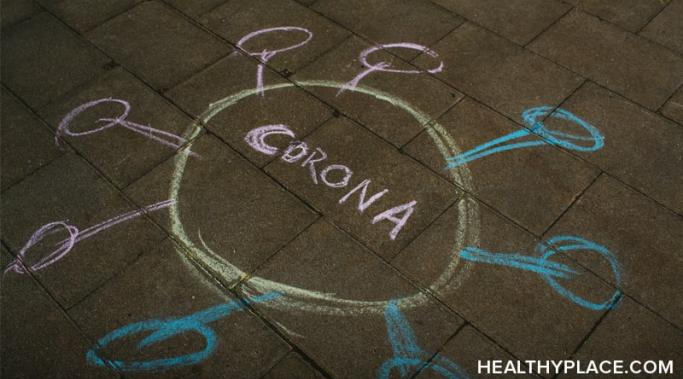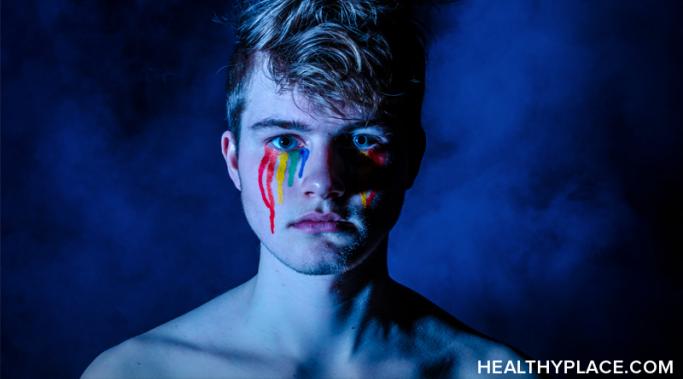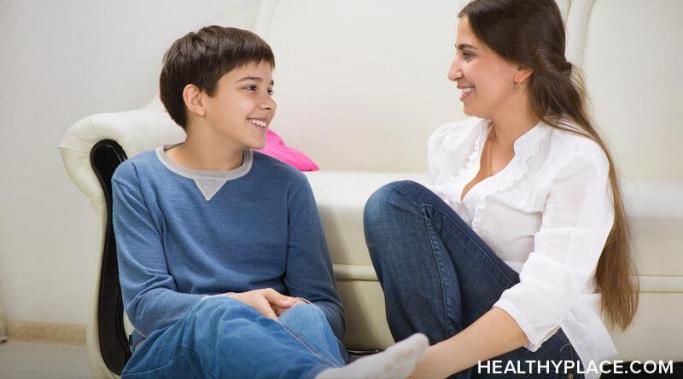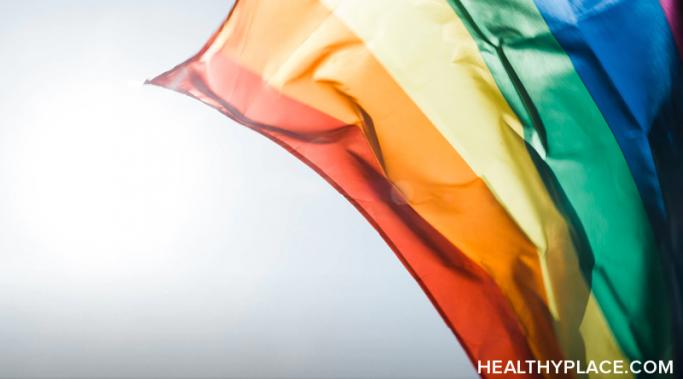Blogs
It's one thing to have postpartum depression (PPD), but discussing your PPD with others is a completely different beast. Should you tell them or not? How much should you share? What if they don't understand? What if they aren't supportive? Will they try to give you advice? There are a lot of questions to navigate as you decide if and when to talk about your postpartum depression with others.
Self-harm relapse can happen to anyone, whether you've been self-harm-free for one day or 100 days. Being zero days clean from self-harm doesn't mark the end of your healing journey. If you keep calm and take things one step at a time, you can—and will—be able to move on from this detour and continue with your self-harm recovery.
Walking has always been a way to help with my schizoaffective anxiety. That is, it was until the COVID-19 pandemic hit. Then walking became scary until I got vaccinated and became fully immunized. So really, my vaccine reduced my anxiety.
Anxiety is absolutely exhausting. The many negative effects of anxiety plus the nature of anxiety itself (the worries, the fears, the what-ifs, the worst-case scenarios, and the heightened stress) take a toll on us mentally and physically. It depletes the body and overfills the mind with clutter. As a result, it makes sense to feel drained and exhausted. Fatigue is a common effect of anxiety, and for a good reason. Here's the thing, though. You don't have to remain at the mercy of anxiety. Here's one incredibly simple tip to regain your energy and even reduce your anxiety in the process.
We live in a heteronormative world, and our workplaces are no different. It may seem that we live in a time where things are considerably better for those who are not straight. Yes, there has been significant progress since the 1969 Stonewall riots in Manhattan, New York. But we have a long, long way to go before homophobia becomes a relic of the past. Until then, it's important to know about the impact of homophobia on lesbian, gay, bisexual, transgender, queer, etc. (LGBTQ+) employees. In today's article, we will take a look at the discrimination they face at work -- and how it may result in depression.
On days when my child's attention-deficit/hyperactivity disorder (ADHD) comes on particularly strong, I ask myself, "Why can't he have perfect mental health as I do?" Only I don't ask myself that at all since I've never met anyone who doesn't know a little about mental illness, least of all yours truly. Every last one of us can relate to my child and his mental illness.
What does Pride Month mean to me in eating disorder recovery? That's a question I have explored intently during the past year. This is a vulnerable article for me to write because I have not spoken about it publicly until now, and it requires putting myself out there in a raw, exposed way. But since I am passionate about destigmatization—both in mental health and other sociocultural spheres—I think it could be meaningful to share this facet of my own personal identity, which has also become central to my eating disorder recovery.
The most important relationship you'll ever have is the relationship you have with yourself, so it's important to be true to yourself. Other people are important, of course, but you are the person you spend the most amount of time with. You are the person who deeply feels your ups and downs. You are the person who has the strongest insights and connections to your hopes, dreams, and passions. It is you who takes actions, even when those actions involve others, toward your mental health and wellbeing.
"Everything happens for a reason" is a popular trope in the world of mental health recovery, but personally, I believe it's a lie, and here's why.
When you struggle with chronic anxiety, it can be hard to confront your triggers. But, anxiety occurs as our body's response to stress that we are experiencing or have experienced. Chronic anxiety means that your body keeps experiencing anxious symptoms, even if the stress is no longer present. Meaning, when you experience chronic anxiety, your body is constantly on high alert.









